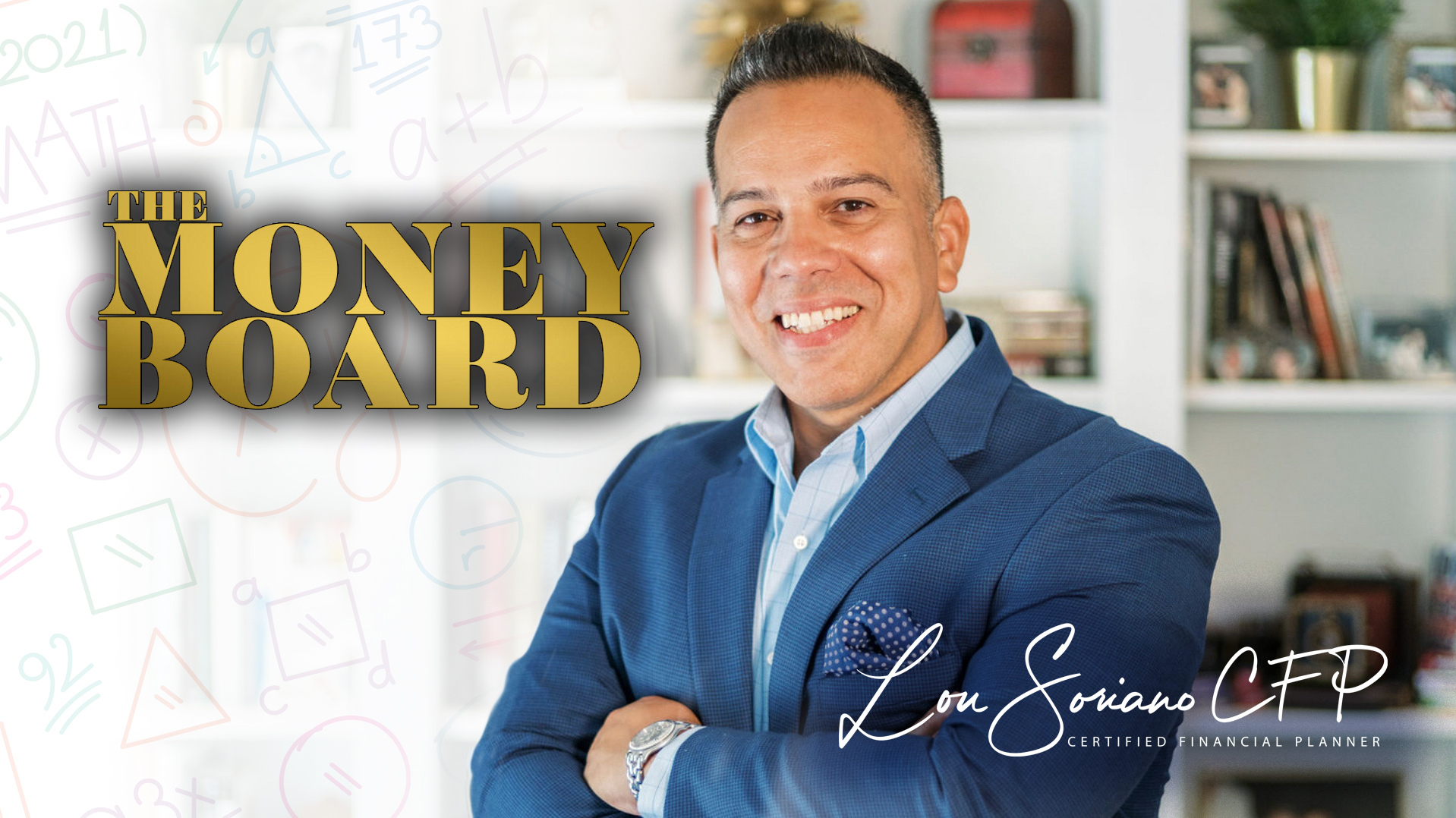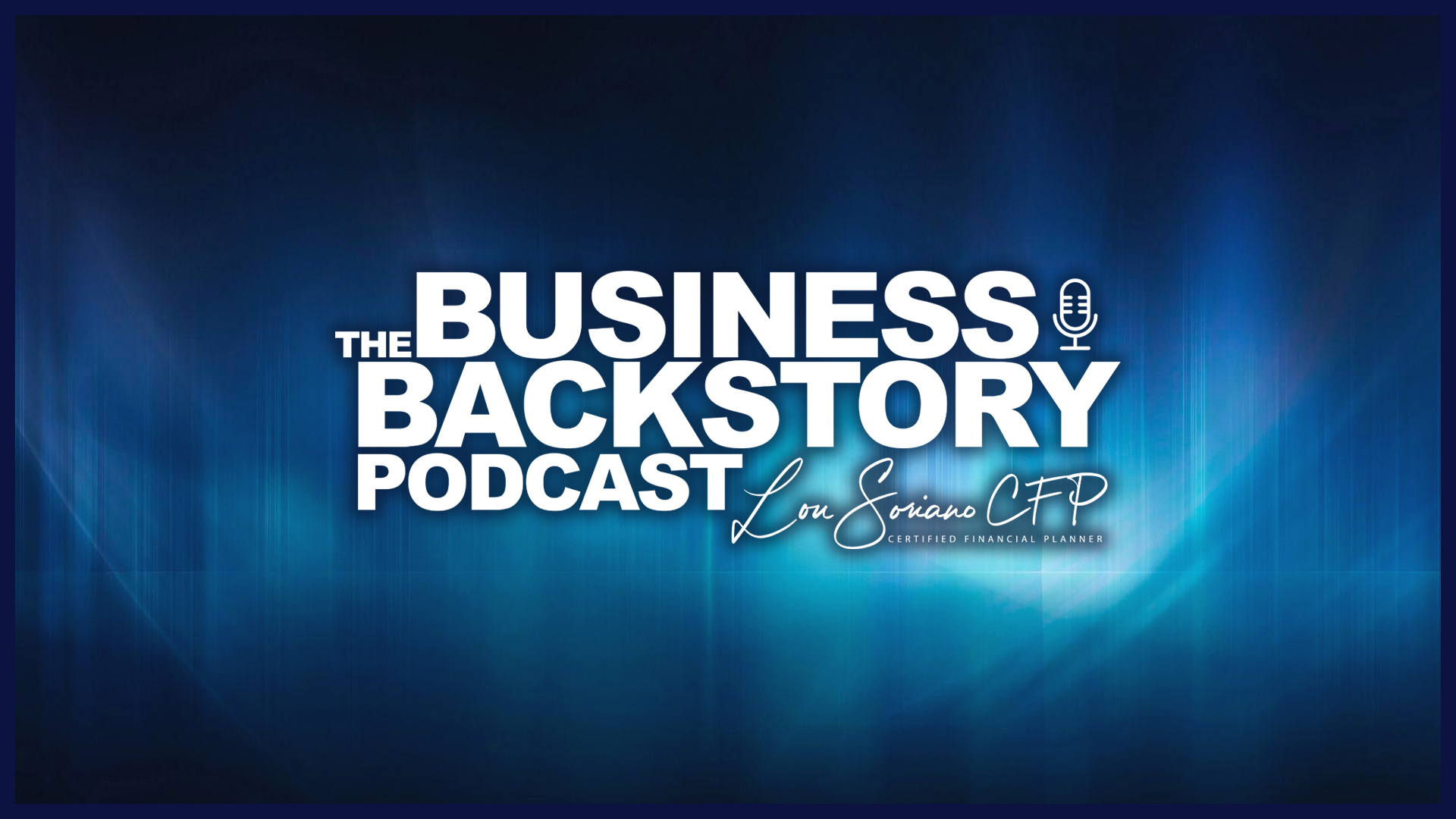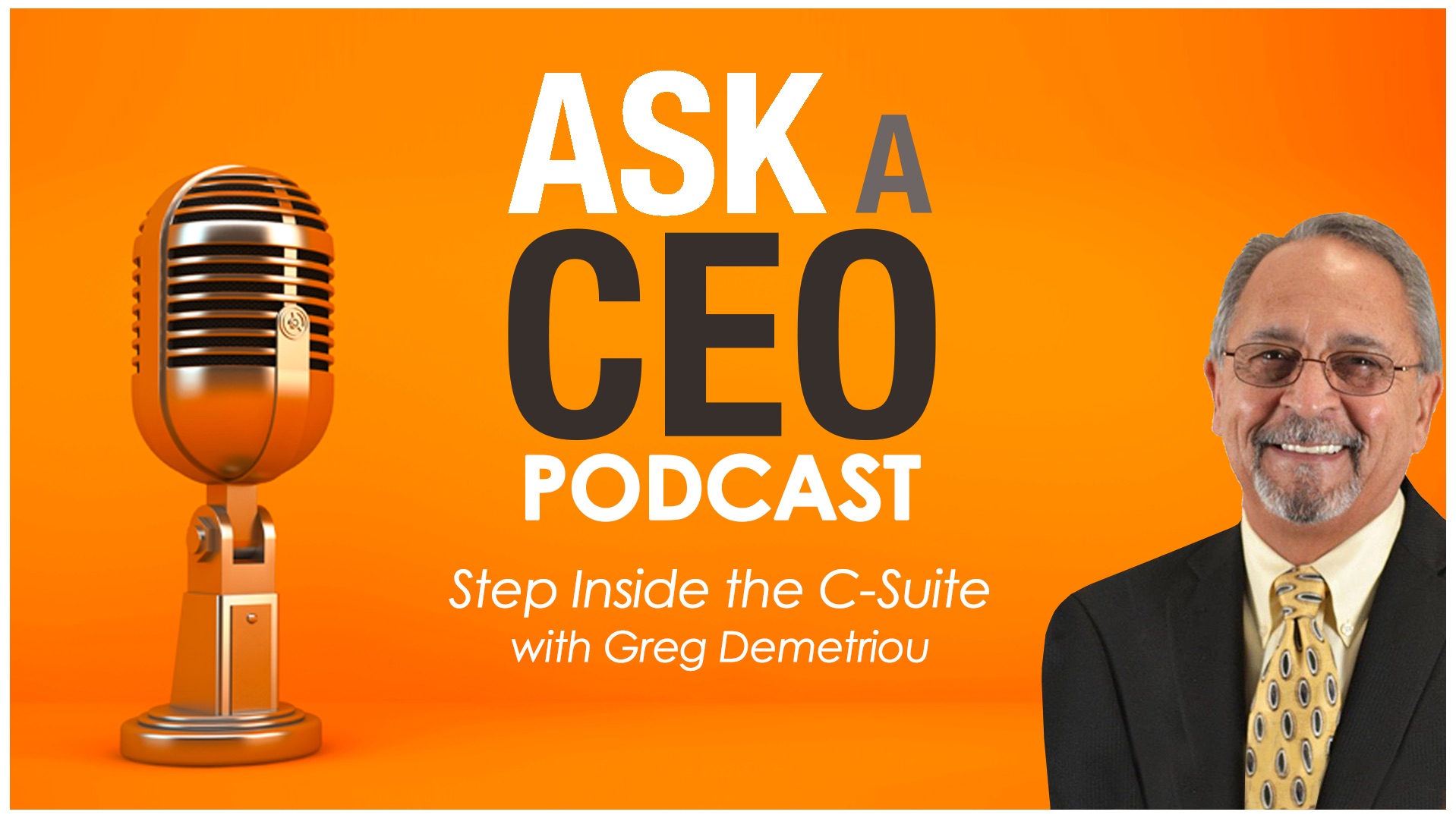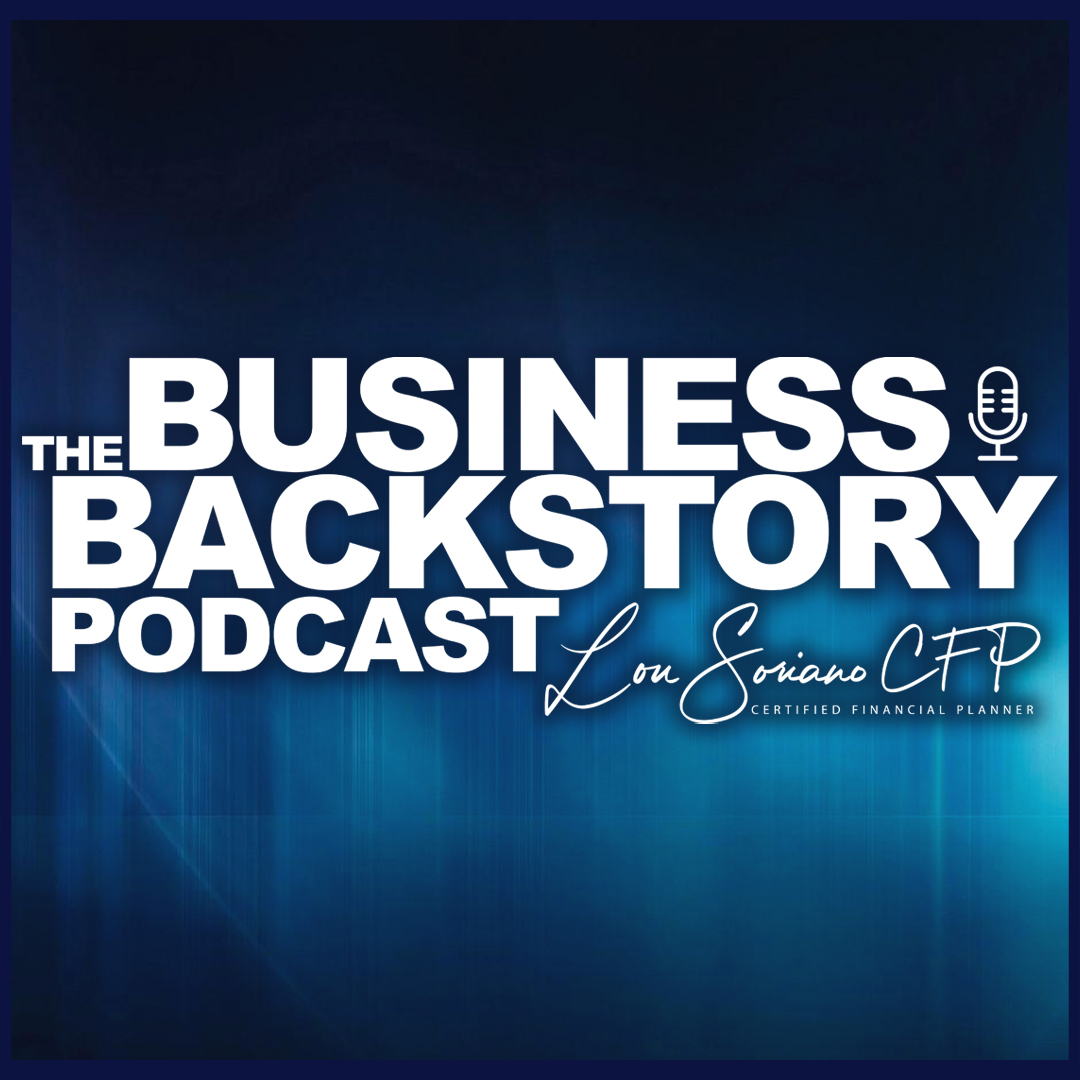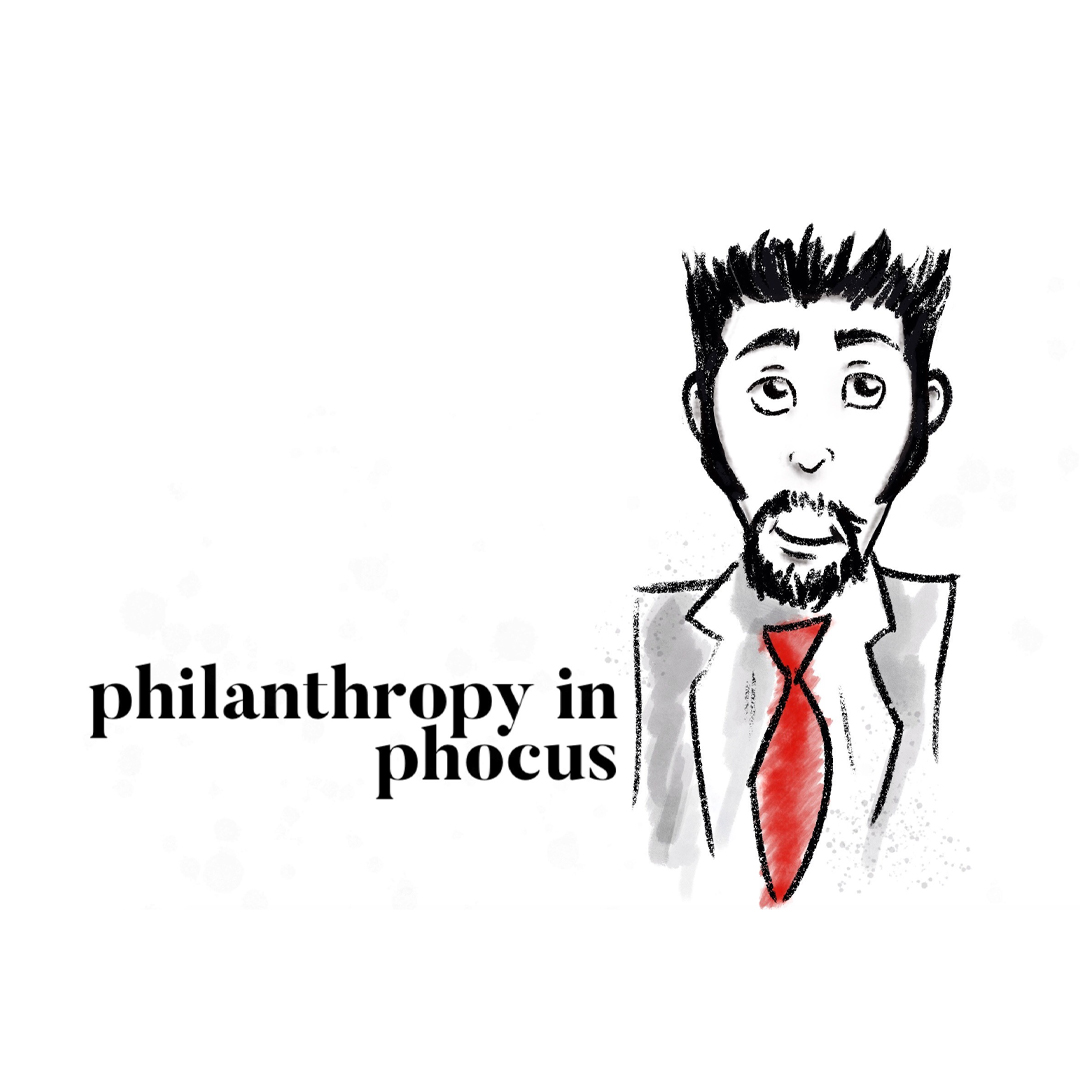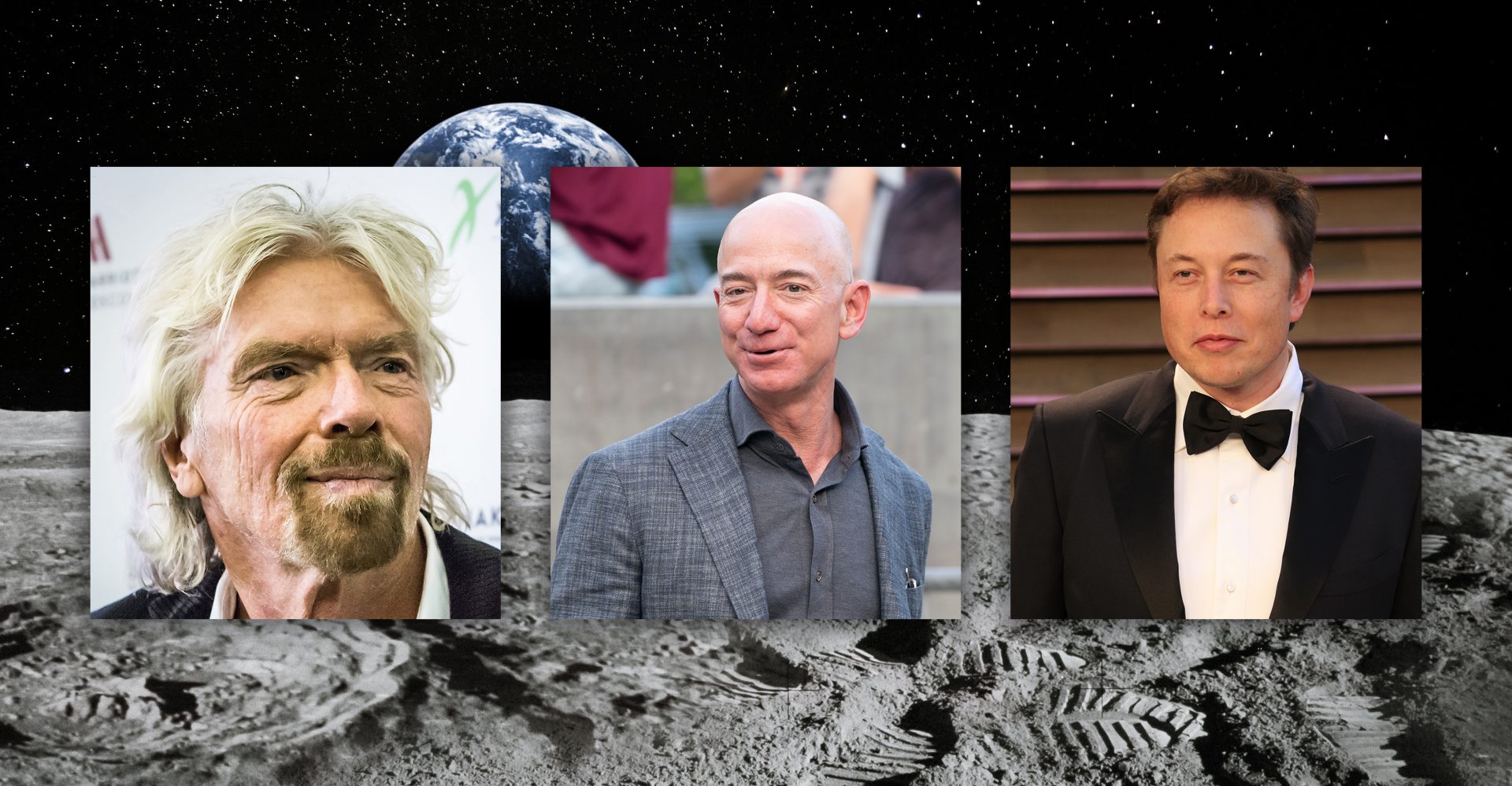
March 2020
4 Min Read
Breaking Terrestrial Boundaries: Billionaires in Space
2020 will be a remarkable year for the US in Space. If all things go as planned, we will finally be able to bring our own astronauts to the International Space Station (ISS). We have, for the first time, a publicly traded space tourism company (Virgin Galactic (NYSE:SPCE)). The federal government has felt that space is such a critical military theater that it created the US Space Force, a space focused branch of the military. The dawn of the “mega constellation” has begun with the first 300 of what will be thousands of satellites launched by SpaceX to support the space-based internet business called Starlink. It is no longer one “Space Race” but rather a mini Olympics with competitors across a global stage in many events all trying to stake a claim in the space frontier.
One of the more interesting competitions evolving in the US is not what you may think. It is not the long history of our government competing on the global stage with our adversaries, Russia and China but rather 3 billionaires who have been driving huge advancements in technology and affordability. Jeff Bezos, Elon Musk and Richard Branson are competing in a “race to the bottom”. Lowest cost, safe, reliable access to space will drive the space economy of the future.
Getting to space cheaply and reliably is just plain hard. These guys have been at this game for many years and have poured billions of dollars into developing engines, systems and technology. They test, fail, test, fail over and over again until they get it right. These business models are now at a point of commercial viability and can offer their services to the world.
Blue Origin
Jeff Bezos started Blue Origin in 2000 with the mission of building a road to space. It is really an extension of the Amazon model beyond our atmosphere. He is the sole shareholder and has dedicated $1 billion per year to the effort. Blue has 3 programs: New Sheppard which is a reusable rocket that will take payloads and ultimately passengers on suborbital flights; New Glenn, a reusable orbital vehicle; and, New Moon, a flexible lunar lander.
SpaceX
Elon Musk started SpaceX in 2002 and it has rapidly developed into a leading reusable workhorse for the satellite industry. It has also completed its 20th resupply mission to the ISS successfully docking on Monday 3/9/20. SpaceX has bold objectives first by going to the moon with its Starship vehicle and ultimately using the moon as a first stop to Mars.
Virgin Galactic/Virgin Orbit
Richard Branson founded Virgin Galactic in 2004 funding much of the $1 Billion in development costs himself personally. Branson will be the first space tourism operator bringing passengers to suborbital space on the first “Spaceline” company. You will need $1,000 refundable deposit and need to qualify but for a mere $250,000 you can join the 600 people already signed up for a 2.5-hour flight that includes 6 minutes of weightlessness and a spectacular view of Earth.
The conclusion is that for all the rhetoric and criticism of billionaires in our society today, these 3 individuals have done more to advance technology and cheap access to space than any of our government backed programs since the glory days of Apollo. They do it faster, cheaper and better. The ultimate contributions to humanity will no doubt be both good and bad as we move through the growing pains of getting beyond our terrestrial boundaries. It is clear the industry is picking up momentum with what is approximately a $400B space economy today to what could be over $1 Trillion by 2040. That is a big pie and Long Island business should try to take as big a slice as possible.
























